IFC Markets: The Broker With No License!!
Abstract:When evaluating a forex broker, regulatory status is one of the most important indicators of credibility and investor protection. In the case of IFC Markets, WikiFX’s findings raise several red flags that potential traders should carefully consider before engaging with this platform.
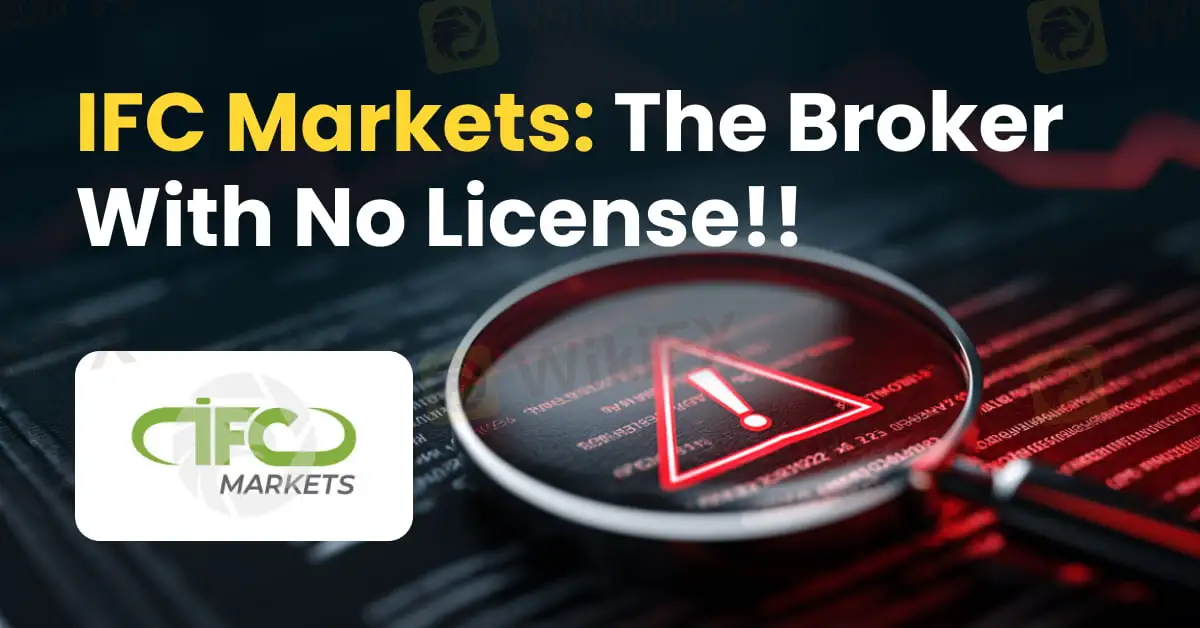
According to WikiFX, a global broker regulatory query platform, IFC Markets currently holds no valid regulatory license. This absence of official oversight should be a critical point of concern for any investor or trader, as it means the broker is not subject to the supervision or compliance standards typically enforced by recognized financial authorities.
Operating without a license may allow a broker to bypass essential requirements such as capital adequacy, client fund segregation, and transparent dispute resolution processes. In heavily regulated jurisdictions, brokers must comply with rigorous financial and ethical standards. The lack of such oversight in IFC Markets' case introduces a higher degree of operational and financial risk for clients.
Additionally, IFC Markets has received a WikiScore of 1.53 out of 10, a notably low rating. This score is based on a range of factors, including license verification, business operations, trading environment, risk control, and customer feedback. A score this low suggests that the broker may fall short in providing a safe and reliable trading experience.


In environments where transparency is lacking, traders may face difficulties such as poor fund security, slow withdrawal processes, or even the inability to retrieve deposits. For those unfamiliar with regulatory implications, a license is not merely a legal formality. It acts as a safeguard against malpractice, ensuring the brokers accountability.
Without valid licensing and with such a low trust rating, IFC Markets may expose users to greater financial uncertainty. Even if the broker offers attractive trading terms or promotional incentives, the absence of regulation significantly diminishes its credibility and investor protection mechanisms.
Investors are strongly advised to perform due diligence when selecting a trading platform. Resources like WikiFX offer helpful tools to assess the real regulatory status and operational claims of brokers. In today‘s online trading environment, being informed is not optional—it’s essential.
Choosing a regulated broker can greatly reduce your exposure to unnecessary risks. When a broker is operating without oversight, its worth asking: What are they hiding, and are you willing to take that chance?

Read more
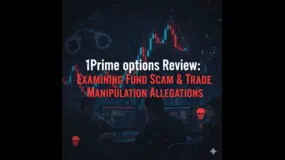
1Prime options Review: Examining Fund Scam & Trade Manipulation Allegations
Did you find trading with 1Prime options fraudulent? Were your funds scammed while trading on the broker’s platform? Did you witness unfair spreads and non-transparent fees on the platform? Was your forex trading account blocked by the broker despite successful verification? These are some issues that make the traders’ experience not-so memorable. In this 1Prime options review article, we have investigated the broker in light of several complaints. Keep reading!
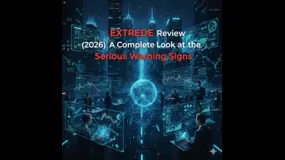
EXTREDE Review (2026): A Complete Look at the Serious Warning Signs
This EXTREDE Review serves an important purpose: to examine the big differences between what the broker advertises and what we can actually prove. For any trader thinking about using this platform, the main question is about safety and whether it's legitimate. We will give you a clear answer right away. Our independent research, backed up by third-party information, shows that EXTREDE operates without proper regulation, creating a high-risk situation for all investors. The main focus of this investigation is the absolutely important need to check a broker's claims before investing. A broker's website is a marketing tool; it cannot replace doing your own research. The information that EXTREDE presents contains contradictions that every potential user must know about. A quick way to see these warnings gathered together is by checking the broker's live profile on verification platforms. For example, the EXTREDE page on WikiFX brings together regulatory status, user feedback and expert ri
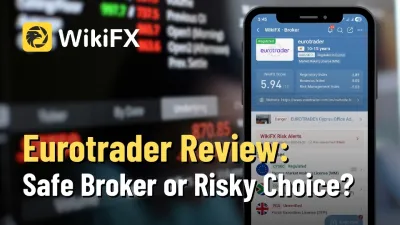
Eurotrader Review: Safe Broker or Risky Choice?
Eurotrader is regulated by CYSEC & FSCA, offering MT4/5 with forex and CFDs. Safe broker or risky choice? Review facts and decide now via the WikiFX App.
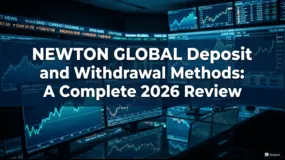
NEWTON GLOBAL Deposit and Withdrawal Methods: A Complete 2026 Review
When traders look at a broker, they care most about how well its payment system works and what options it offers. You are probably looking for information about NEWTON GLOBAL deposit and withdrawal methods to see if they work for you. The broker says it has many modern payment options and promises fast processing times. However, a good review needs to look at more than just what it advertises. We need to check how safe your capital really is with this broker. One important factor that affects the safety of every transaction is whether the broker is properly regulated. Our research shows that NEWTON GLOBAL does not have any valid financial regulation from a trusted authority. This fact, along with a very low trust score, completely changes the situation. The question changes from "How can I withdraw?" to "Is it safe to invest here?" This background information is essential for protecting your capital.
WikiFX Broker
Latest News
FxPro Broker Analysis Report
ACY SECURITIES Regulatory Status: A Complete Guide to Licenses, Warnings and Trader Issues
FBS Forex Scam Alert: High Complaint Ratio
ThinkMarkets Scam Alert: 83/93 Negative Cases Exposed
Exchange Rate Fluctuations: Key Facts Every Forex Trader Should Know
ACY Securities Deposit and Withdrawal: The Complete 2025 Guide (Fees, Methods & User Warnings)
US Industrial Production Surged In January
80% Plunge In Immigration Is Reshaping Labor Market Math, But AI Wildcard Looms: Goldman
You Keep Blowing Accounts Because Nobody Taught You This
HTFX Review: Safety, Regulation & Forex Trading Details
Rate Calc

